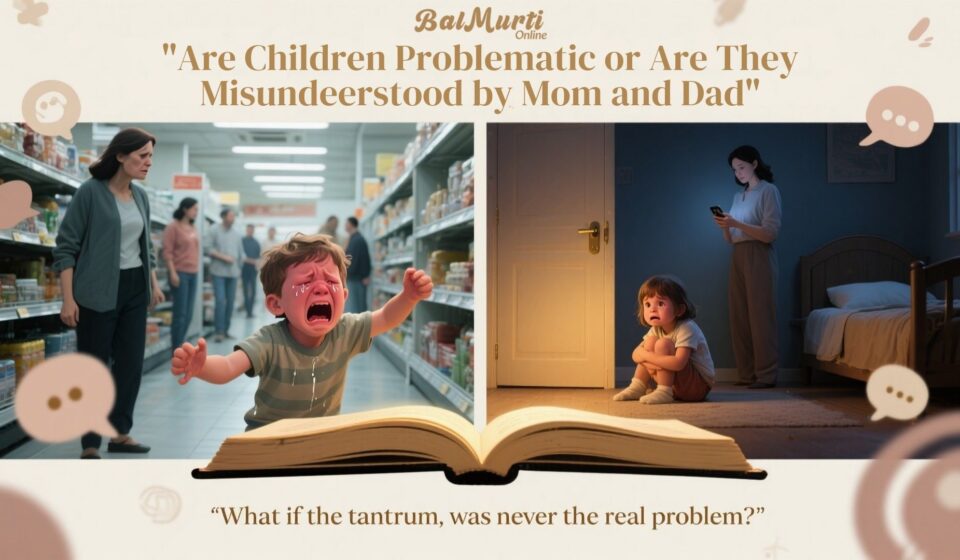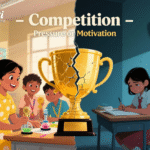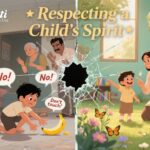
Are Children Problematic or Are They Misunderstood by Mom and Dad?
From a psychological point of view, the structure of the family has become quite important. Beyond marital issues, problems between parents and children have also emerged. A child’s personality is shaped significantly through family. Studies have shown that children of parents with strong marital bonds tend to develop emotionally stable personalities.

In many joint families, grandparents often believe that children nowadays don’t behave well. They refer to children as “problematic kids” and label them as belonging to the “difficult generation.” Terms like “sensitive child” have become common. Still, many children labeled as problematic are found to be emotionally deprived.
Most parents assume their child is stubborn or overly reactive. For instance, if a child throws a tantrum when they don’t get a toy, parents scold them and declare the child spoiled. But no one wonders why the child cried or what was bothering them. Sometimes it’s not just stubbornness but a way of expressing pain, stress, or even hunger. According to child psychologist Dr. T.I. Singh, children who cry excessively often have other underlying emotional needs.

These children tend to react more sensitively to small issues. Even if they appear physically healthy, they may be emotionally distressed. A minor issue for an adult may be deeply impactful for a child.
Parents often recall their own childhoods fondly, saying things like, “When we were kids, we used to get beatings,” or “We didn’t get to speak back to our parents.” But today’s child is emotionally intelligent. Many times, the child isn’t stubborn, they are simply trying to express their thoughts. Sadly, when they do, they are often misunderstood or scolded.

Today’s parents focus a lot on their child’s physical growth and education, but not always on their emotional development. They want their children to be smart and competitive but don’t always provide them with the freedom to explore and develop emotionally.
Many parents forget that their child has emotional needs and may be experiencing something deeply personal. This is why psychologists say that children are not problematic, it’s often the parents who don’t know how to understand them. Some parents are unable to reflect on their own behavior or lack the awareness to understand the child’s situation.
Modern mental health experts and psychologists believe that the problem often doesn’t lie with the child, but with the parent’s inability to see things from the child’s point of view. Parents themselves may have unresolved issues that affect how they react to their children.

If parents were made aware of child psychology and development through counseling or training, they could better understand their child’s physical, emotional, and behavioral growth. Institutions and schools should also guide parents in this area.
With proper knowledge and support, even difficult parent-child relationships can be healed, helping children grow into emotionally healthy, stable individuals.
Disclaimer:
This article reflects the author’s personal insights and reflections. It is shared with the intention of encouraging thoughtful parenting and generational harmony. The project and foundation are acknowledged as part of the original source for transparency and integrity.




